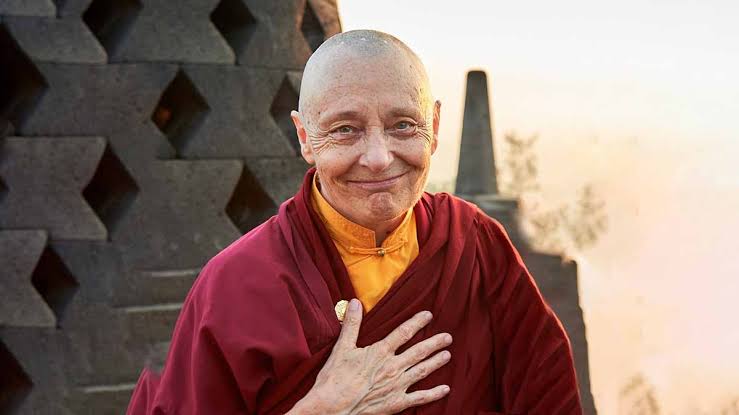
Three Teachings in Zen Meditation:Focusing on training the mind, embracing change, and its application in daily life, suitable for beginners and practitioners at any stage of meditation
Share
The core message of the text emphasizes the importance of training the mind, confronting its uncontrolled nature, and cultivating patience and perseverance, particularly through the practice of zen meditation. It underscores the idea that by taming the mind, one becomes the master rather than a slave to emotions. The text also highlights the importance of maintaining a sharp and fearless mind, free from the drag of past memories and fears. Additionally, it stresses the significance of bringing awareness and attention into daily life, especially in interactions with individuals with whom we have karmic connections. Our suffering is caused not by the possessions themselves, but by our attitude towards them, highlighting the nature of attachment. It encourages the reader to work on lessening attachment and greed in the mind through everyday experiences.Bringing meditation into practice, making zen meditation a way of life.
She around the pursuit of happiness and the avoidance of causing trouble to others. It emphasizes the need to clear up our minds, as the problem lies within our minds rather than in the external environment. The text also likens mindfulness to salt in food, highlighting its ability to add flavor and depth to life. By being present and aware without interpretations or elaborations, one can experience a transformative shift in their lives, leading to increased centeredness and decreased irritability. Additionally, the text discourages setting specific aims and goals in spiritual practice, emphasizing the importance of enjoying the practice for its own sake rather than for the pursuit of specific outcomes. Finally, it underscores the idea that true happiness lies in bringing happiness to others, and this can be achieved in any sphere of life.
The book "Three Teachings in Zen Meditation" is available for free for a limited time from Friday, January 3, 2025, 12:00 AM PST to Tuesday, January 7, 2025, 11:59 PM PST. Friends who are interested in or preparing for Zen meditation can participate in this event, which promises to bring you surprises!
About the Author
Jetsunma Tenzin Palmo (born 1943) is a bhikṣuṇī in the Drukpa lineage of the Kagyu school of Tibetan Buddhism. She is an author, teacher and founder of the Dongyu Gatsal Ling Nunnery in Himachal Pradesh, India. She is best known for being one of the very few Western yoginis trained in the East, having spent twelve years living in a remote cave in the Himalayas, three of those years in strict meditation retreat.
She once said"I have made a vow to attain Enlightenment in the female form - no matter how many lifetimes it takes".
In 1964 she became only the second Western woman to be ordained in the Vajrayana tradition, receiving the name Drubgyu Tenzin Palmo, or "Glorious Lady who Upholds the Doctrine of the Practice Succession". The ordination was as a śrāmaṇerī, or novice nun, the highest level of ordination available for women in the Tibetan tradition at the time because the bhikṣuṇī sangha had never been established there. However, with the support of her teacher, in 1973 Tenzin Palmo received the full bhikṣuṇī ordination in Hong Kong, one of the first Western women to do so.

Living at Khamtrul Rinpoche's monastery as the sole nun among 100 monks provided Tenzin Palmo with first-hand experience of the discrimination that restricted women's access to information that was imparted freely to men. Eager for instruction, she felt frustrated by the fact that she was kept out of most monastic activities because of misogynistic prejudices.
She recounts,when I first came to India I lived in a monastery with 100 monks. I was the only nun... I think that is why I eventually went to live by myself in a cave... The monks were kind, and I had no problems of sexual harassment or troubles of that sort, but of course I was unfortunately within a female form. They actually told me they prayed that in my next life I would have the good fortune to be reborn as a male so that I could join in all the monastery's activities. In the meantime, they said, they didn't hold it too much against me that I had this inferior rebirth in the female form.

